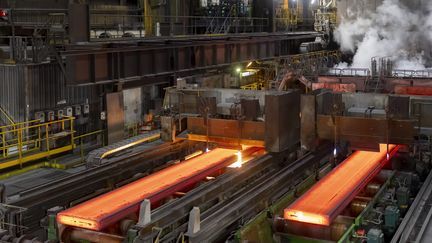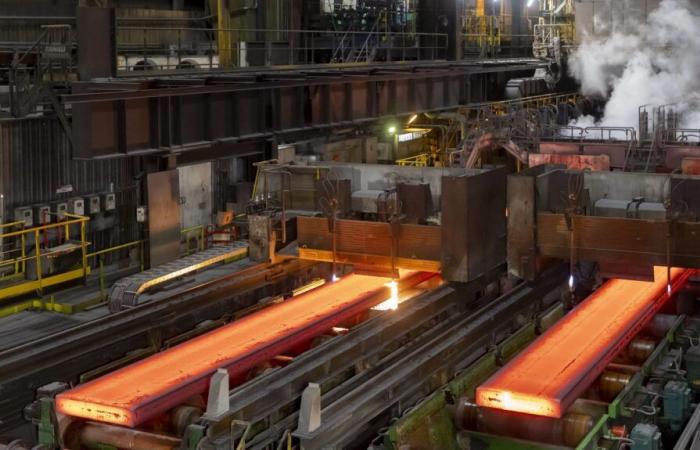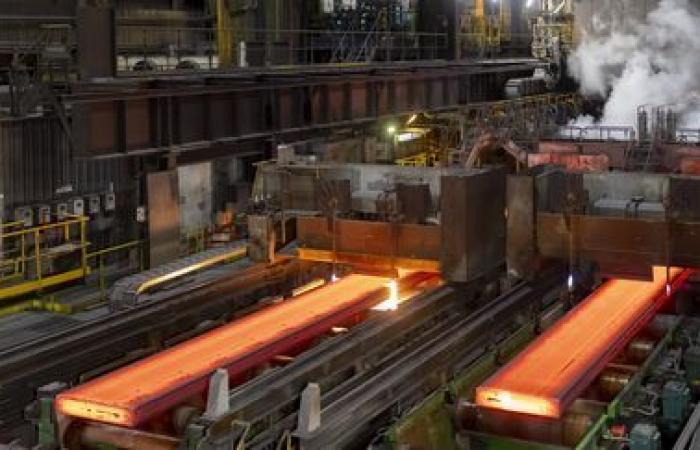The steel group is delaying the completion of a project which was part of a contract with the State.
Published on 25/11/2024 08:38
Updated on 25/11/2024 08:39
Reading time: 2min

The announcement was made in 2023, with a lot of communication: 50 ecological transition contracts had been signed between the State and the 50 French industrial sites emitting the most CO2. But metallurgist ArcelorMittal will delay a planned decarbonization project in Dunkirk. No official announcement of abandonment yet at this stage, the information comes from the Minister Delegate in charge of industry, Marc Ferracci, following a revelation from the magazine The New FactorySaturday November 23.
The project consisted of building two electric furnaces, as well as a direct iron reduction unit, a first step in the production of carbon-free steel. While Arcelor's Dunkirk site is presented as responsible for around 3% of CO2 emissions in France, the ultimate goal is to transform iron ore with hydrogen. These furnaces will use low-carbon hydrogen as fuel, instead of coal. But what looks good on paper remains expensive in practical application and the company believes that it is not viable in the current international context.
ArcelorMittal's project to adapt its Dunkirk site is estimated at 1.8 billion euros, including state aid of up to 850 million euros. Even with public aid, the project is not profitable. Worse, ArcelorMittal is losing out commercially and applying it in current market conditions would, in the long term, condemn what is presented today by the CGT as the largest blast furnace in Europe, with more than 3,000 Direct permanent contracts, up to 9,000 with indirect jobs. All of this supports one in five families in Dunkirk.
For now, there is no short-term solution. The group is a victim of the steel crisis hitting Europe. Energy is expensive, linked to demand for steel at historic lows, with plummeting prices and heavy environmental constraints. The tension is too high. The situation also led the group to announce last week that it was considering closing two factories in France, in Reims and Denain.
International competition is in full force. The constraints imposed by Europe on its industry work against it, in the face of much less virtuous Chinese production. The subject is on the agenda for a ministerial meeting in Brussels on Thursday, November 28.
France








